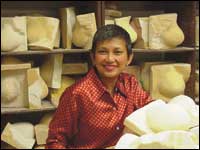
Support authors and subscribe to content
This is premium stuff. Subscribe to read the entire article.
Login if you have purchased

This is premium stuff. Subscribe to read the entire article.
Allard USA named recipients of its Dralla Foundation 2024 grant awards: Catalyst Sports, Enriching Skills for Life, Rochester Accessible Adventures,...
Read more
© 2024 The O&P EDGE